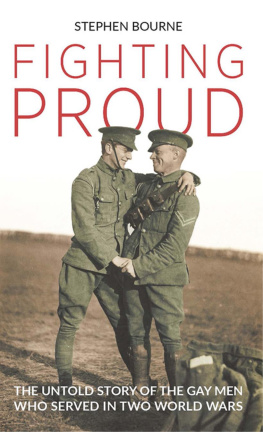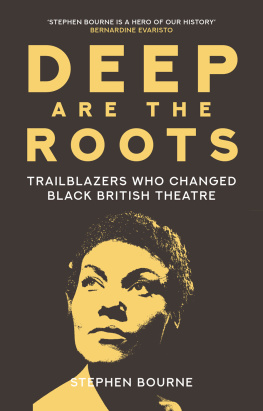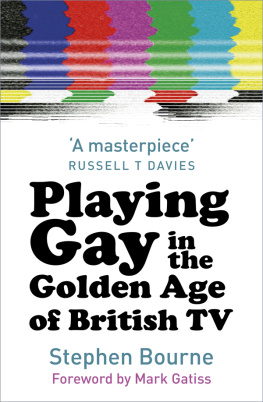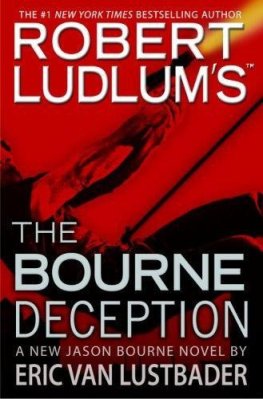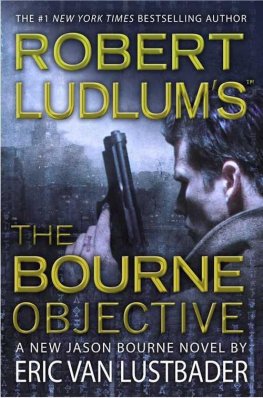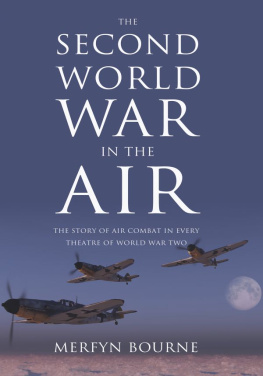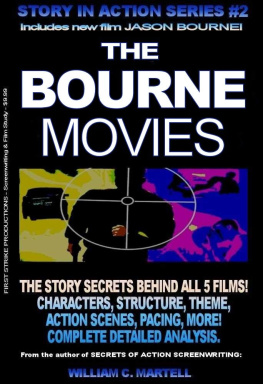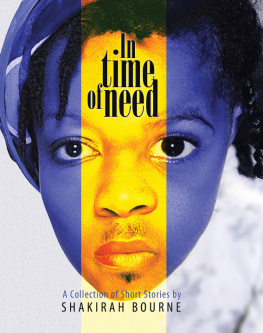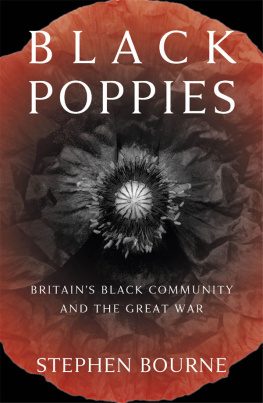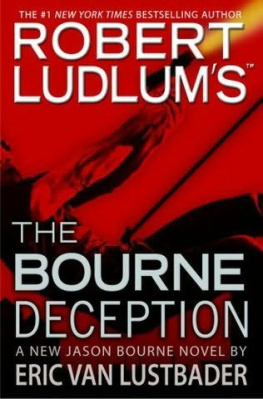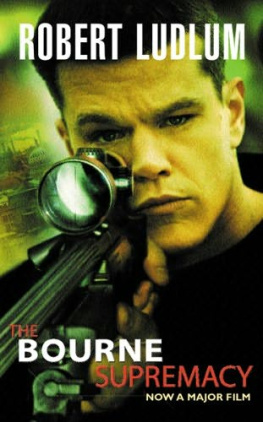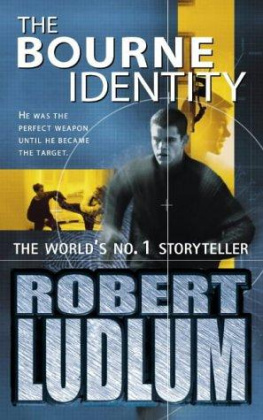Stephen Bourne is a writer and historian. An expert on black and LGBT British history, he has written for BBC History Magazine and History Today and is a regular contributor to the Oxford Dictionary of National Biography. His most recent Amazon-bestselling book Black Poppies (2014), a history of the contribution of black men and women to World War I, won the Southwark Arts Forum Award for Literature. He has also written widely on homosexual representations in film. In 2017 Stephen was awarded an Honorary Fellowship from London South Bank University for his contribution to diversity.
Stephen Bourne brings great natural scholarship and passion to largely hidden stories. He is highly accessible, accurate, and surprising. You always walk away from his work knowing something that you didnt know, that you didnt even suspect.
Bonnie Greer
A magnificent piece of work. I was gripped throughout; laughed out loud at times; became blazingly angry at the injustice, hypocrisy and expediency ... and sheer waste. And, at times, delighted by the courage and refusal of many to bow down to prejudice or to dampen our full potential as human beings.
Keith Howes, author ofBroadcasting It: An Encyclopaedia
of Homosexuality on Film, Radio and TV 19231993

Published in 2017 by
I.B.Tauris & Co. Ltd
London New York
www.ibtauris.com
Copyright 2017 Stephen Bourne
The right of Stephen Bourne to be identified as the author of this work has been asserted by the author in accordance with the Copyright, Designs and Patents Act 1988.
All rights reserved. Except for brief quotations in a review, this book, or any part thereof, may not be reproduced, stored in or introduced into a retrieval system, or transmitted, in any form or by any means, electronic, mechanical, photocopying, recording or otherwise, without the prior written permission of the publisher.
Every attempt has been made to gain permission for the use of the images in this book. Any omissions will be rectified in future editions.
References to websites were correct at the time of writing.
ISBN:978 1 78453 874 3
eISBN:978 1 78672 215 7
ePDF:978 1 78673 215 6
A full CIP record for this book is available from the British Library
A full CIP record is available from the Library of Congress
Library of Congress Catalog Card Number: available
Typeset by JCS Publishing Services Ltd, jcs-publishing.co.uk
Printed and bound in Sweden by ScandBook AB
Contents
Illustrations
World War I
Front cover: A Private and a Lance-Corporal from the East Kent Mounted Rifles (Courtesy of James Gardiner and Neil Bartlett Collection/Wellcome Library)
World War II
Acknowledgements
Andrew Bird
The late Terry Bolas
Geoff Cunnington
Andrew Davies
Peter Devitt, Assistant Curator, RAF Museum London James Gardiner
Nick Goodall
David Hankin
Tina Horsley
Keith Howes
Linda Hull
Molly Hull
Richard Norman
Terence Pepper
John Webber
Adrian Woodhouse
British Library
Commonwealth War Graves Commission
Imperial War Museum London
National Archives
RAF Museum London
Surrey Heritage Centre
The War Graves Photographic Project
Authors Note
F ighting Proud should not be read in isolation. Readers will find a comprehensive bibliography at the end of this book. However, there are a few titles that I would like to recommend personally which I feel are worth locating and reading. In 1985 John Costellos Love, Sex and War: Changing Values 193945 (Guild Publishing) was a groundbreaking study of changing sexual relations in World War II, and Costello included an informative chapter about gay and lesbian servicemen and women called Comrades in Arms. I remember accessing this book from my local library in the 1980s and being influenced by this chapter, which opened up the subject for me and gave me my first insights into gay mens wartime experiences, good and bad.
In 1989 the Hall Carpenter Archives Gay Mens Oral History Groups Walking After Midnight: Gay Mens Life Stories (Routledge) appealed to my interest in firsthand testimonies. This was how I began my own career as an author. My first book, Aunt Esthers Story (1991), included the firsthand testimony of my adopted aunt. Walking After Midnight proved to be extremely useful for its original interviews with several men who spoke about their wartime experiences, especially Dudley Cave, who eloquently recounted his life as a prisoner of war.
I have often felt that the 1990s was a watershed decade, a golden period, for gay histories both in print and on television. The decade began promisingly with the superb documentary Comrades in Arms which was shown in Channel 4s Out on Tuesday series in 1990. In Comrades in Arms the director Stuart Marshall movingly re-examined World War II through the eyes of a group of reallife gay servicemen and servicewomen whose experiences ranged from ENSA-style entertainment to the River Kwai prison camp. Personal reminiscences, archive material and staged recreations of gay romances which were shot in the style of 1940s black-and-white movies were combined in a humorous reclamation of a hitherto unrecorded history.
The following year Kevin Porter and Jeffrey Weeks edited a compilation of interviews entitled Between the Acts: Lives of Homosexual Men 18851967 (Routledge), and this included reminiscences by several interviewees about the two world wars. In 1992 James Gardiners indispensable and beautifully written and illustrated A Class Apart: The Private Pictures of Montague Glover was published by Serpents Tail. In 1997 came Alkarim Jivanis Its Not Unusual: A History of Lesbian and Gay Britain in the Twentieth Century, published by Michael OMara to coincide with BBC2s outstanding documentary series which included World War II. In 1998 BBC2s Timewatch: Sex and War drew upon gay mens bravery during World War II to highlight the campaign to lift the ban in the armed services.
Since the golden age of the 1990s very few books have surfaced that cover the lives of gay men in the two world wars. Neither Matt Houlbrooks Queer London: Perils and Pleasures in the Sexual Metropolis, 19181957 (2005) or Emma Vickerss Queen and Country: Same-Sex Desire in the British Armed Forces, 193945 (2013) include World War I, but they do cover World War II. They are rich in detail and superb resources for anyone interested in gay mens history.
Preface
In Nazi Germany on 4 April 1938, a dictate ordered that homosexuals be incarcerated in concentration camps and over the next seven years more than 100,000 men suspected of homosexuality were arrested, of whom half were convicted and sentenced to internal exile within the prison and concentration camp system. Most were thoroughly respectable citizens their only crime was that they were attracted to other men, yet regardless of age or background each was forced to wear a pink triangle denoting sexual deviancy [] The pink triangle was seen as a badge of dishonour that earned the wearer particularly harsh treatment in camps, where an estimated 60 percent of homosexuals perished far more than in any other Nazi-deemed anti-social group.
My father-in-law tells the story of the debate on the Wolfenden Report in the House of Lords. Apparently, Field-Marshal Viscount Montgomery of Alamein rose to state categorically that he was quite convinced that no homosexuality had ever occurred among any of the hundreds of thousands of men under his command during the war. The statement produced a moment of astonished silence followed by suppressed snorts of disbelief and then an uproar of laughter.
Next page
